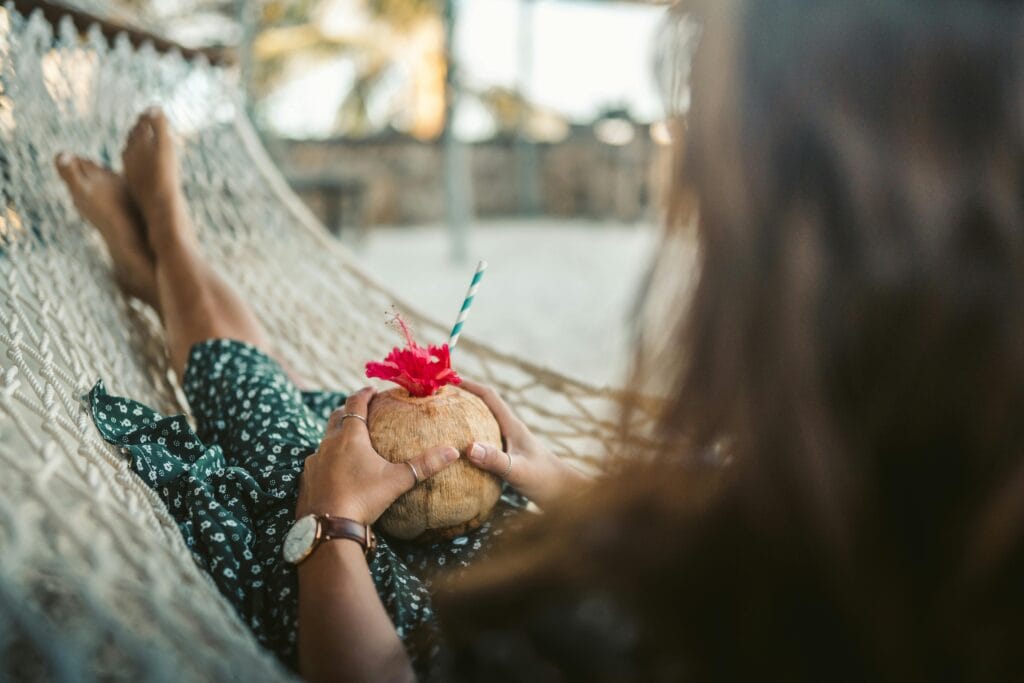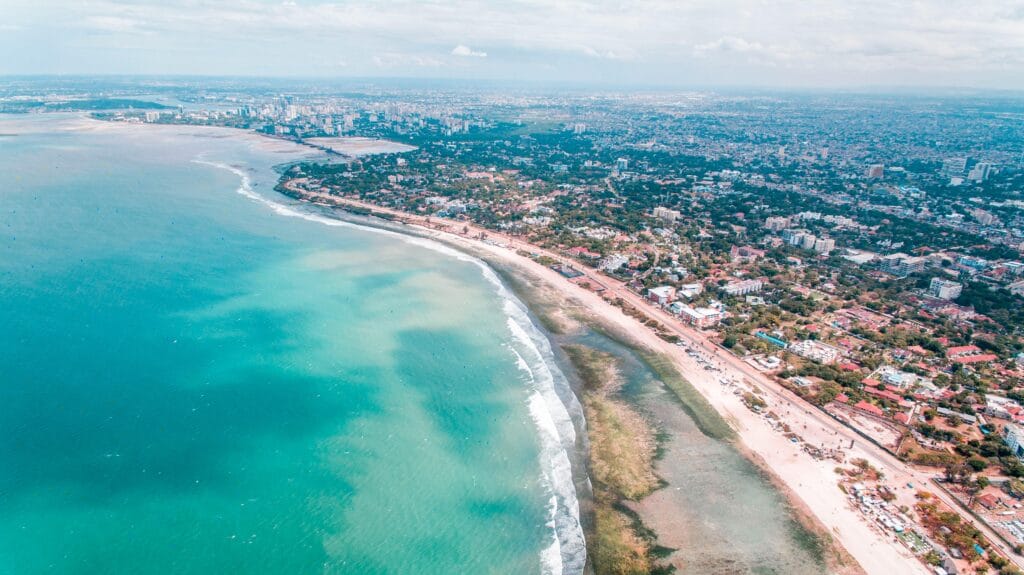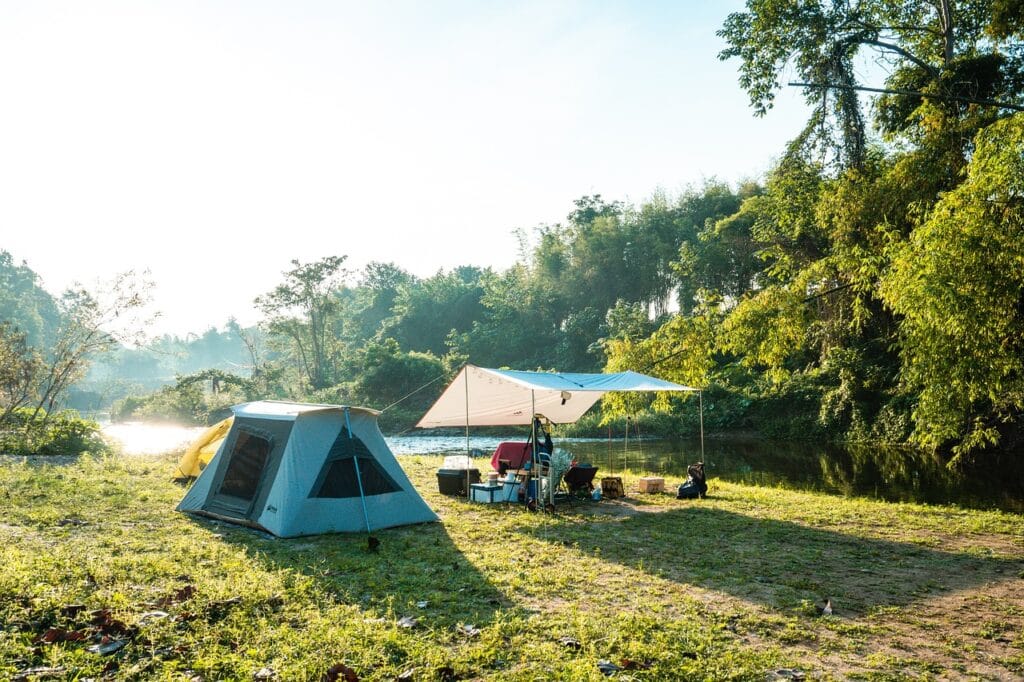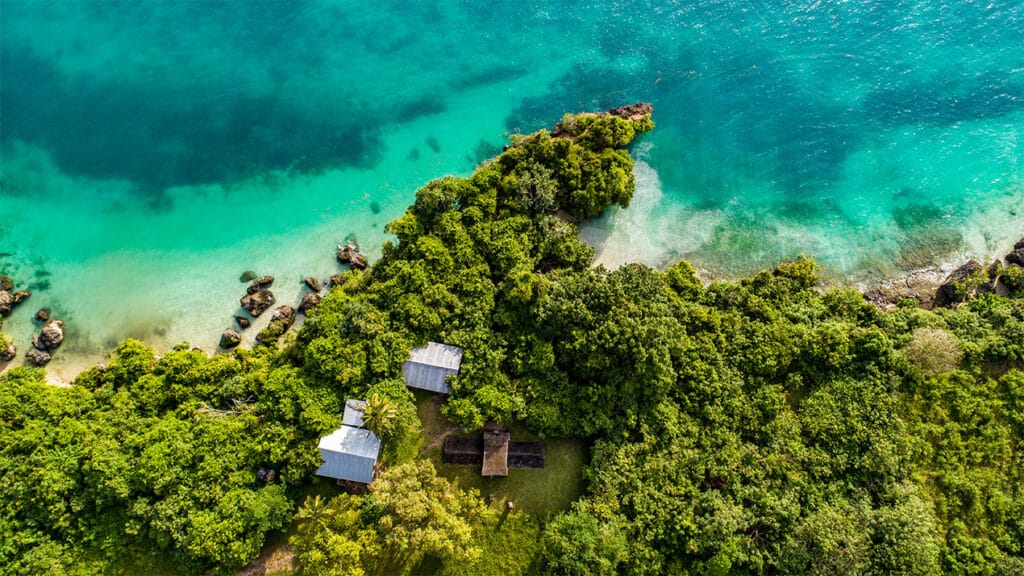Tips for solo travel in Zanzibar
Zanzibar is a paradise for solo travelers, offering stunning beaches, rich history, and vibrant culture. Traveling alone here is safe and rewarding, but some preparation can ensure your trip is enjoyable and hassle-free. Here are tips to help you make the most of your solo journey to Zanzibar. Plan Your Accommodation Choose centrally located accommodations in Stone Town or popular beach areas like Nungwi and Kendwa. These places are lively, making it easier to meet other travelers. Look for guesthouses or boutique hotels with excellent reviews for solo travelers, prioritizing safety and comfort. Stay Connected Purchase a local SIM card (e.g., Vodacom or Airtel) for reliable internet access. Use apps like WhatsApp to communicate with locals, tour guides, or fellow travelers. Immerse Yourself in Local Culture Take a walking tour of Stone Town to explore its narrow streets, historical sites, and bustling markets. Visit spice farms, interact with local farmers, and learn about Zanzibar’s agricultural heritage. Dress modestly, especially in urban and cultural areas, to respect local customs. Be Mindful of Safety Zanzibar is generally safe, but avoid deserted areas after dark. Keep valuables secure and be cautious of your belongings, especially in crowded areas. Share your itinerary with someone back home and check in regularly. Join Group Tours Group tours are a great way to explore Zanzibar and meet fellow travelers. Popular options include: Snorkeling trips to Mnemba Atoll. Spice farm tours. Jozani Forest excursions. Book tours with reputable operators like Future African Safari to ensure safety and quality. Explore the Beaches Head to the northern beaches like Nungwi and Kendwa for lively vibes and social opportunities. For quieter experiences, try Pongwe or Jambiani on the east coast. Always let someone know where you’re heading, especially if exploring remote areas. Sample Local Cuisine Enjoy meals at restaurants known for authentic Zanzibari flavors, like Lukmaan or Forodhani Gardens. Try communal dining experiences to connect with other diners and learn about local dishes. Engage in Activities Try water sports like kayaking, paddleboarding, or kite surfing at popular beaches. Join cultural workshops, such as Swahili cooking classes or dhow-building sessions. Attend evening events like live taarab music performances for an authentic cultural experience. Stay Open to Meeting People Zanzibar attracts travelers from all over the world. Engage with others in shared spaces like beach bars, hostels, or guided tours. Respect the local community and approach interactions with curiosity and sensitivity. Keep a Flexible Itinerary Plan key activities but leave room for spontaneity. You may discover hidden gems or receive local recommendations worth exploring. Solo travel in Zanzibar is an enriching experience filled with opportunities to relax, connect, and explore. With thoughtful planning and an adventurous spirit, you’ll create unforgettable memories. Trust Future African Safari to organize tours and activities that cater to solo travelers, ensuring a safe and seamless journey. Customize Your Adventure Kilimanjaro 3 tours Safari 9 tours Zanzibar 3 tours











